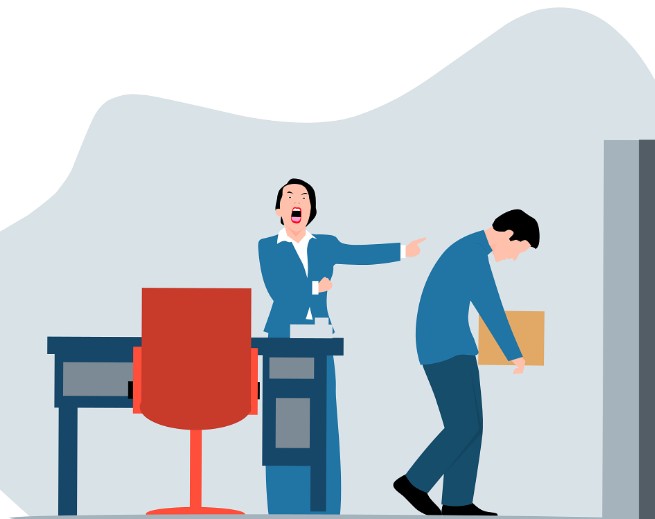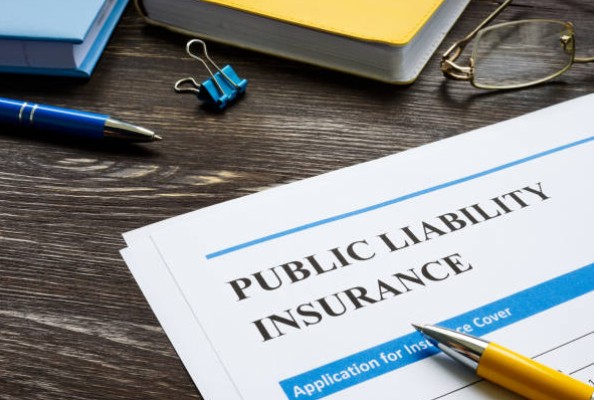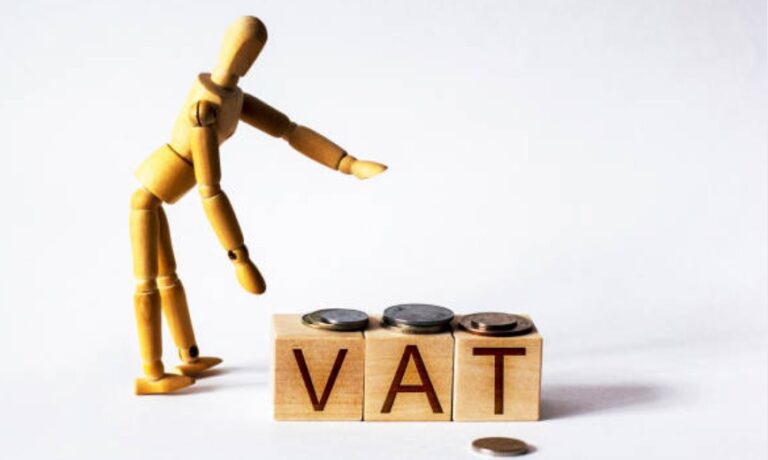How to Avoid Dismissal for Gross Misconduct?
Serious workplace misconduct refers to an employee doing something truly bad that violates company policy. Things such as stealing, becoming violent, fraud, or harassing another person. Doing so can result in termination and even have you in legal trouble.
It’s so much worse than simply screwing up on a little thing or breaking a rule. It ruins trust, makes the office dangerous, and hurts the overall vibe. Managers take it very seriously because it can hurt other workers, damage the company’s reputation, and even land the company in jail.
Some examples of serious misconduct are stealing something, lying to get money, getting into a fight, bothering someone, being a bully, refusing to do what you’re told, doing drugs or drinking at work, using company stuff the wrong way, acting inappropriately with someone, or being super careless.
How to Not Get Fired for Serious Misconduct?
To avoid being fired for serious misconduct, follow the company rules, document what you do, assist if there is an investigation, and seek the assistance of HR or an attorney if necessary.
Know the Company Rules
Take some time to read the workplace rules and how discipline is handled. Understanding what your work deems as serious misconduct is the first step to safeguarding yourself.
Write Everything Down
Keep good records of what you do, the people you speak to, and anything that occurs. Record dates, times, and who noticed what if something occurs that could potentially lead to issues in the future.
Assist with Investigations
Be truthful and behave like an adult when being questioned. Attend all the meetings on time and provide the information asked for clearly and respectfully.
Seek Advice
Speak with HR to learn more about rules at work. Consider speaking with a lawyer if the situation is serious or unclear.
Steps to Avoid Problems
Attend training, ensuring that you and your supervisor are on the same page about what’s expected of you, and attempting to improve at your job can reduce your likelihood of having major issues.

It can actually be a big help to be knowledgeable, prepared, and professional in any trouble that could save your job.
How to Avoid Being Accused?
To not have someone accuse you of being wrong, behave professionally, be transparent in all that you do, obey company policies, be respectful to others, and avoid fights.
Here’s how:
- Be like an adult: At all times, be respectful and kind to everybody you’re working with, including your managers.
- Don’t be confusing: Tell people what you did and why clearly, so everyone doesn’t get it wrong.
- Follow the rules: Being able to stick to company rules demonstrates that you know what needs to happen and keeps you and the company safe.
- Respect Everyone: Be fair to everyone, don’t gossip, and avoid fights.
- Save Important Stuff: Document decisions you make, emails, or anything you come to an agreement on to demonstrate that you’re being honest and transparent.
- Speak Honestly: Inform your bosses and colleagues so they won’t get the wrong impression.
- Be the Same Every Day: By being professional and truthful always, you accumulate a reputation that people can rely on.
How to Protect Yourself Against Serious Misbehaviour?
If you are confronted with serious misconduct charges, remain calm, compile evidence, collaborate with investigators, and seek assistance from HR or a lawyer.
What to do:
- Remain Cool: Don’t shout or overreact.
- Document Everything: Write down details of meetings, emails, and talks you’ve had.
- Go to Discipline Meetings: Answer all things truthfully and respectfully.
- Talk to HR or a Lawyer: Understand your rights as an employee.
- Don’t Talk About It Publicly: Avoid talking about the case on social media or with workmates.
Advice to Protect Yourself from Wrong Accusations
At times, individuals are wrongly accused. You can guard yourself by monitoring your work, being professional, and raising issues through formal means.
Top tips:
- Document all about your work and authorization.
- Speak always politely and professionally.
- Report issues or violations immediately.
- Shun risky behavior at the workplace.
Why Training and Awareness are Important?
Training and staying attentive prevents severe misconduct by educating individuals to play by the book, behave ethically, own up to stuff, and remain safe on the job.
And when a business invests in its employees to assist them in developing, everyone knows the rules, safety protocols, and best practices.

This puts workers in a culture where they feel free to make good decisions and aren’t intimidated to voice their concerns if things appear off.
Awareness programs also strengthen teamwork, enhance the way everyone speaks, and reduce errors. Ongoing learning keeps employees up to date with the most recent rules and industry recommendations.
When personnel is well-trained, it not just keeps the organization secure but grows trust, engagement, and a healthy firm culture.
What it covers:
- Adherence to all the laws and company regulations
- Behavior that is ethical and professional
- Health and safety procedures
- Learning about computer safety
- Involving everybody and respecting differences
- Job-specific skills
- Reporting issues and being accountable
- Consciously learning and employing best practices
Real Story: Gisda Cyf v Barratt
The UK’s highest court ruled that a dismissal occurs when the employee opens the letter or has the opportunity to do so.
What occurred:
A charity, Gisda Cyf, wrote to Ms. Barratt informing her that she had been dismissed for gross misconduct while she was not present. She did not open the letter until a few days later and appealed before seeking unfair dismissal.
What the Court Ruled:
The Supreme Court stated that the day of the dismissal is when you are given the letter or can read it. This ensures workers are aware that they have the opportunity to act when they lose their job and have time to exercise their rights.
What we learn:
Firms must send dismissal letters in a manner that ensures they get there, and employees must be informed that they can appeal the decision when they receive news of it. It helps both sides when there is proper communication.
Common Questions
Can I be dismissed immediately for serious misconduct?
Yes, if you did something awful and a proper inquiry was conducted.
What is considered serious misconduct online?
Misusing company systems, data theft, or being inappropriate on the internet.
How do I become successful again after being fired?
Attempt to acquire more skills, get close to people, and work with good people in an ethical work environment.
Do you always receive warnings before being fired?
Not always; if it is serious enough, you could be fired without warning.
How can training prevent gross misconduct?
Training teaches the worker the rules, ethics, safety, and proper behavior.
How do employees learn misconduct policies?
Read the employee handbook, attend trainings, and speak with HR.







